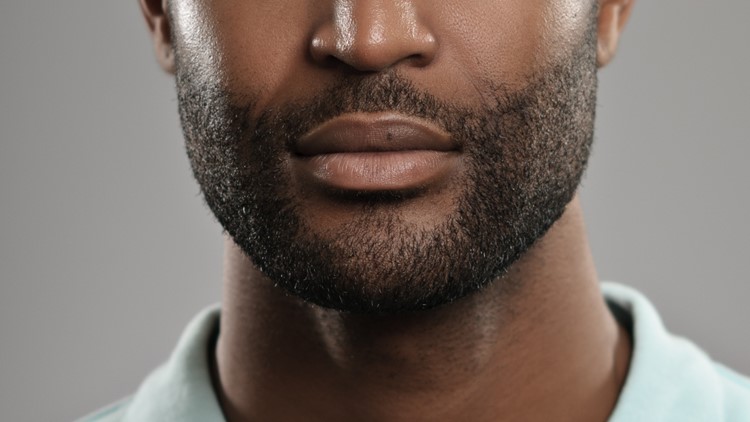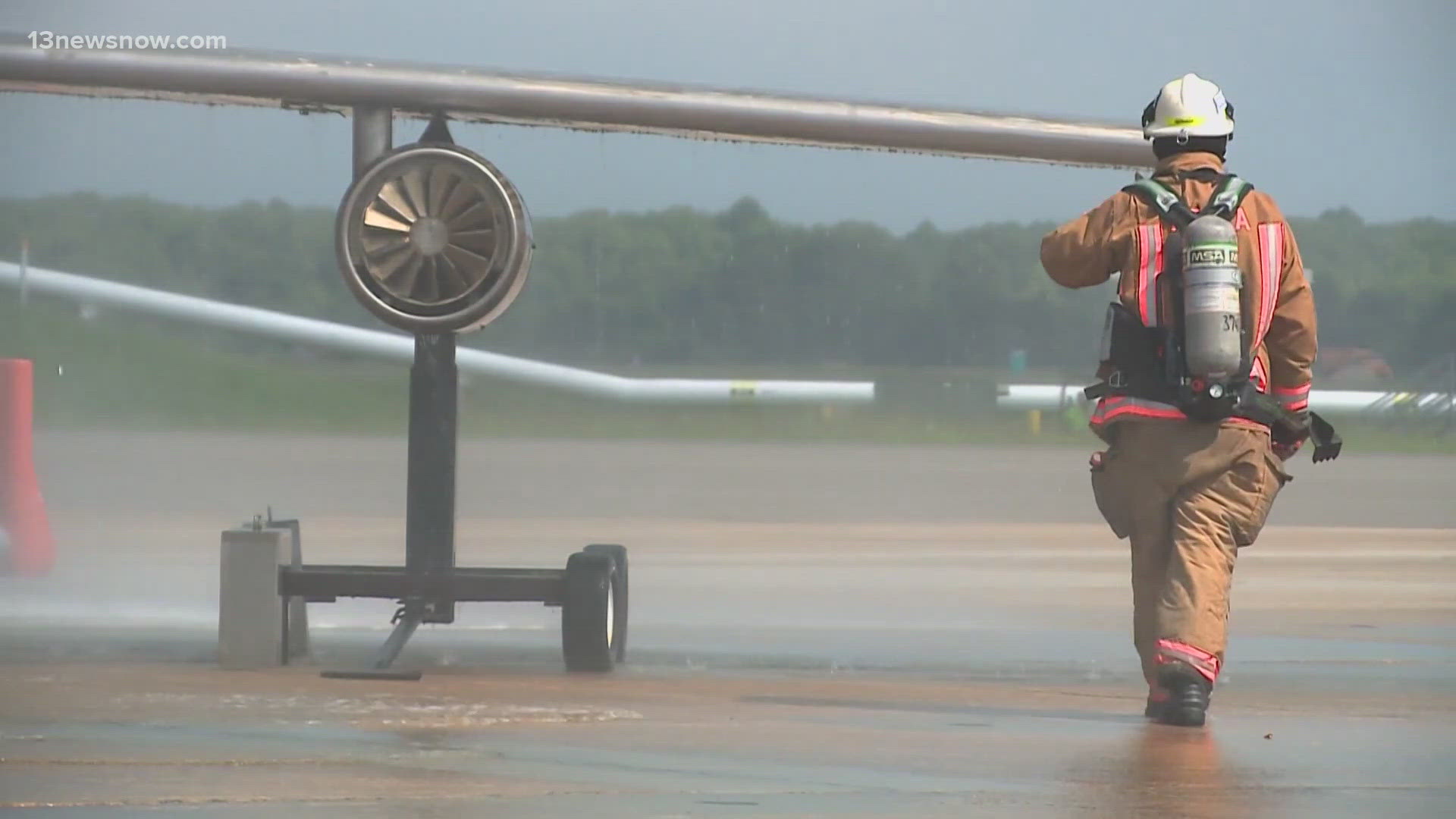WASHINGTON — The U.S. Navy announced it will be updating its shaving guidelines for sailors with a particular skin condition.
The Chief of Naval Personnel said the Navy plans to release changes early this week to how commands manage individual readiness of Sailors diagnosed with the facial shaving-related condition pseudofolliculitis barbae (PFB).
Pseudofolliculitis barbae is a common condition of the beard area for people with curly hair. It means curved, curly hairs grow back into the skin causing inflammation, and it can cause the skin to react.
The Navy policy changes are the result of a 2016 Naval Safety Center review of several studies, later re-validated in 2018, which concluded that facial hair (beards) prevents the proper seal of protective breathing devices, like respiratory protective masks.
Failure to have a proper seal can result in serious personal injury, including death, according to the Naval Safety Center.
“The impact [of this policy change] is an improvement in readiness of the force and improvement in safety of the Sailor,” said Director of Military Personnel, Plans and Policies Rear Adm. Jeffrey Jablon.
Jablon explained the priority of this revision is ensuring that all Sailors will remain safe if required to don a respirator.
The goal of the updated instruction is to provide sailors with medical treatments that can successfully manage the condition while simultaneously maximizing personnel readiness and safety in all Navy environments.
PFB has previously been mitigated through authorization of temporary or permanent shaving waivers, commonly referred to as “no-shave chits.” The updated instruction discontinues the issuance of permanent shaving waivers but permits temporary shaving waivers in conjunction with treatment.
Sailors currently experiencing facial irritation after shaving will be referred to a medical provider for evaluation and possible treatment regimen aimed at returning the Sailor to Navy grooming requirements required for a proper respirator seal.
Sailors previously issued a permanent shaving waiver must obtain a medical re-evaluation and new treatment regimen within six months of the release of BUPERSINST 1000.22C. The revised instruction, which was written in concert with the Bureau of Medicine and Surgery (BUMED), emphasizes that PFB is a treatable condition that can be effectively treated through prescribed medical management.
Treatment options include application of medicated creams to make hairs more shaveable; shaving with gentle equipment; shaving techniques to minimize this risk of irritation and hair re-entry into the skin; and laser hair reduction, which is the most reliable approach allowing a return to Navy grooming standards ensuring the personal safety of our Sailors.
The Navy said treatment can be counted successful when symptoms are improved enough to allow comfortable shaving.
“We have worked hard to ensure that we can provide the medical treatment needed to support Sailors with PFB,” said Cmdr. Thomas Barlow, a dermatologist assigned to Naval Medical Center San Diego. “We are confident that the options in place will meet both the readiness demands of the Navy and needs of individuals who suffer from this.”
When Sailors affected by PFB have not been prescribed treatment or are not assigned to an area in which evaluation and treatment are available, their commanding officer may authorize a temporary no-shave waiver or establish a regimen where the Sailor may shave periodically until a medical evaluation and treatment may be prescribed. In such cases, the maximum allowable facial hair growth is 1/4 inch free of styling and edged.
“Our job as Sailors is to maintain personal readiness, and that includes being able to wear protective breathing equipment in a safe and correct manner,” said Master Chief Personnel Specialist Anton Fitz, staff senior enlisted leader for the Chief of Naval Personnel. “This updated policy will ensure we are meeting that standard.”
More U.S. Navy News:
- RELATED: Veteran hiking from Ground Zero to Florida for awareness about veteran suicide sets world record
- RELATED: Girl Scouts learn about Coast Guard during base visit
- RELATED: Testing continues on USS Ford's weapons elevators
- RELATED: Navy opens call center to help sailors get answers to human resources questions
- RELATED: Letter urges Congress to fund infrastructure projects in military communities
- RELATED: Navy acknowledges three sailors from USS George H.W. Bush committed suicide in week's time



